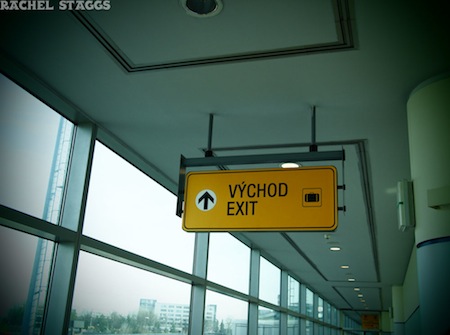Mark Dominus (陶敏修)
mjd@pobox.com

Archive:
| 2026: | J |
| 2025: | JFMAMJ |
| JASOND | |
| 2024: | JFMAMJ |
| JASOND | |
| 2023: | JFMAMJ |
| JASOND | |
| 2022: | JFMAMJ |
| JASOND | |
| 2021: | JFMAMJ |
| JASOND | |
| 2020: | JFMAMJ |
| JASOND | |
| 2019: | JFMAMJ |
| JASOND | |
| 2018: | JFMAMJ |
| JASOND | |
| 2017: | JFMAMJ |
| JASOND | |
| 2016: | JFMAMJ |
| JASOND | |
| 2015: | JFMAMJ |
| JASOND | |
| 2014: | JFMAMJ |
| JASOND | |
| 2013: | JFMAMJ |
| JASOND | |
| 2012: | JFMAMJ |
| JASOND | |
| 2011: | JFMAMJ |
| JASOND | |
| 2010: | JFMAMJ |
| JASOND | |
| 2009: | JFMAMJ |
| JASOND | |
| 2008: | JFMAMJ |
| JASOND | |
| 2007: | JFMAMJ |
| JASOND | |
| 2006: | JFMAMJ |
| JASOND | |
| 2005: | OND |
Subtopics:
| Mathematics | 245 |
| Programming | 100 |
| Language | 95 |
| Miscellaneous | 75 |
| Book | 50 |
| Tech | 49 |
| Etymology | 35 |
| Haskell | 33 |
| Oops | 30 |
| Unix | 27 |
| Cosmic Call | 25 |
| Math SE | 25 |
| Law | 22 |
| Physics | 21 |
| Perl | 17 |
| Biology | 16 |
| Brain | 15 |
| Calendar | 15 |
| Food | 15 |
Comments disabled
Sun, 03 Dec 2023
Over the weekend a Gentle Reader sent me an anecdote about getting lost in a Czech zoo. He had a map with a compass rose, and the points of the compass were labeled SVZJ. Gentle Reader expected that S and V were south and west, as they are in many European languages. (For example, Danish has syd and vest; English has “south” and “vvest” — sorry, “west”.
Unfortunately in Czech, S and V are sever, “north”, and východ, “east”. Oops.
A while back I was thinking about the names of the cardinal directions in Catalán because I was looking at a Catalán map of the Sagrada Família, and observed that the Catalán word for east, llevant is a form of _llevar, which literally means “to rise”, because the east is where the sun rises. (Llevar is from Latin levāre and is akin to words like “levity” and “levitate”.) Similarly the Latin word for “east” is oriēns, from orior, to get up or to arise.
I looked into the Czech a little more and learned that východ, “east”, is also the Czech word for “exit”:

“Aha,” I said. “They use východ for “east” not because that's where the sun comes up but because that's where it enters…”
“…”
“Uh…”
No. Entrance is not exit. Východ is exit. Entrance is vchod.
I dunno, man. I love the Czechs, but this is a little messed up.
Addenda
I think I recall that sever, “north”, is thought to be maybe akin to “shower”, since the north is whence the cold rains come, but maybe I made that up.
- Late update: Nope, I just found that I mentioned the same thing in this earlier article about compass directions. ]
An earlier version of this article had an error about the Catalán. Thanks to Alex Corcoles for pointing this out.
I never mentioned the other Czech compass points. They are: sever, north; východ, east, západ, west, jih, south. Východ seems to be related to Russian восто́к (/vostók/) but I'm not sure how.
20231220: A Gentle Reader asked about the pronunciation of vchod as compared with východ. Is it some unpronounceable Czechism? Nope! I was very pleased with the analogous example I found: the difference is no harder to hear or to say than the difference between “climb” and “keylime”.
[Other articles in category /lang/etym] permanent link


